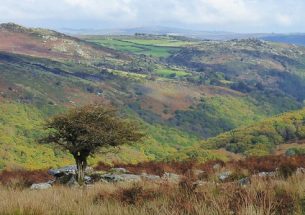News and Opinion
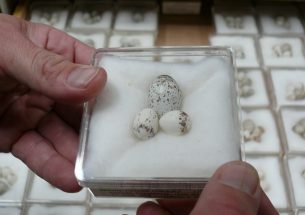
Birds are laying their eggs earlier, and climate change is to blame
READ MORE about Birds are laying their eggs earlier, and climate change is to blame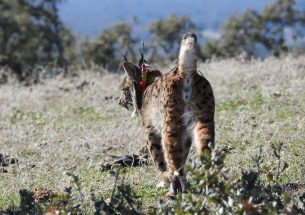
Rewilding apex predators can limit the seed dispersal by frugivorous carnivores
READ MORE about Rewilding apex predators can limit the seed dispersal by frugivorous carnivores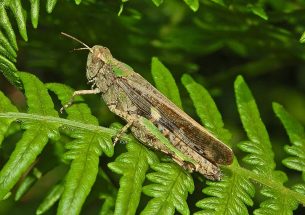
What do grasshoppers eat? New research shows similarities with mammal teeth
READ MORE about What do grasshoppers eat? New research shows similarities with mammal teeth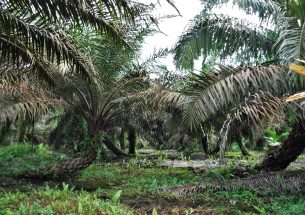
Restoring tropical peatlands supports bird diversity without impacting livelihoods
READ MORE about Restoring tropical peatlands supports bird diversity without impacting livelihoods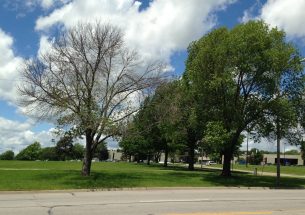
Scientists estimate invasive insects will kill 1.4 million US street trees by 2050
READ MORE about Scientists estimate invasive insects will kill 1.4 million US street trees by 2050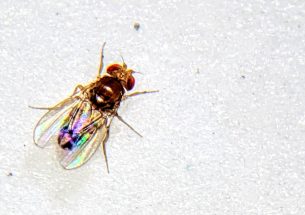
Parental sugar intake has profound effects on offspring health, study finds
READ MORE about Parental sugar intake has profound effects on offspring health, study finds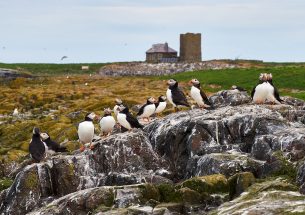
Research and conservation action must be better linked to protect seabirds in the face of climate change
READ MORE about Research and conservation action must be better linked to protect seabirds in the face of climate change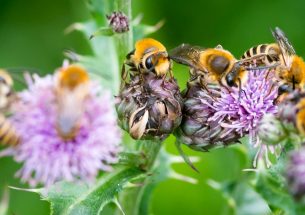
Research demonstrates value ‘injurious weeds’ can bring to both pollinators and biodiversity
READ MORE about Research demonstrates value ‘injurious weeds’ can bring to both pollinators and biodiversity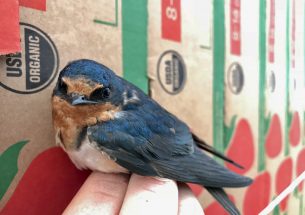
Bringing out the best in wild birds on farms
READ MORE about Bringing out the best in wild birds on farms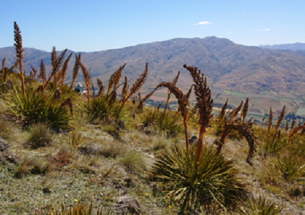
Climate change: Are mountain plants too inflexible?
READ MORE about Climate change: Are mountain plants too inflexible?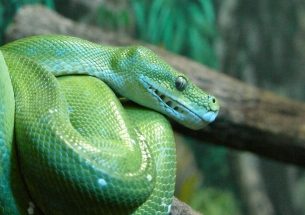
Feeling connected to nature linked to lower risk of snake and spider phobias
READ MORE about Feeling connected to nature linked to lower risk of snake and spider phobias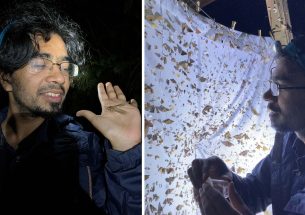
Researchers develop portable sensor-packed tool for insect tracking
READ MORE about Researchers develop portable sensor-packed tool for insect tracking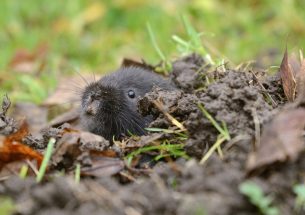
Interactive map helps protect one of the UK’s most threatened mammals
READ MORE about Interactive map helps protect one of the UK’s most threatened mammals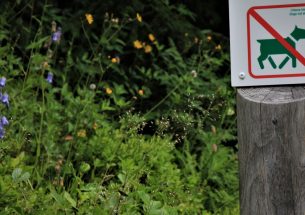
Dog faeces and urine could be harming nature reserves, according to new study
READ MORE about Dog faeces and urine could be harming nature reserves, according to new study